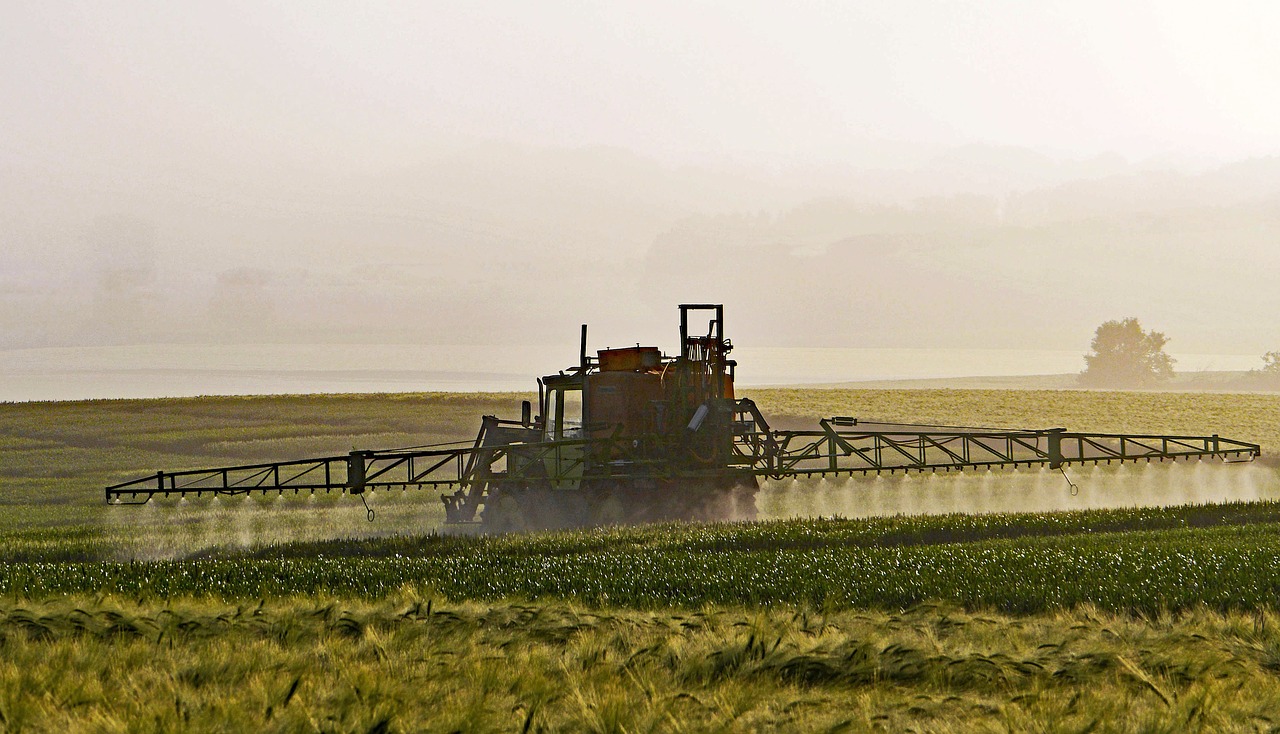UN Warns Human-caused Soil Contamination Threatens Global Food Security
Published: June 27, 2017
Soils are polluted due mostly to human activities that leave excess chemicals in soils used to grow food, the United Nations reports.
Excess nitrogen and trace metals such as arsenic, cadmium, lead and mercury can impair plant metabolism and cut crop productivity, ultimately putting pressure on arable land, the UN Food and Agriculture Organization (FAO) on 23 June informed. “When they enter the food chain, such pollutants also pose risks to food security, water resources, rural livelihoods and human health.”
The issue took centre stage at the Fifth Plenary Assembly (PA) of the Global Soil Partnership (GSP) held at FAO headquarters in Rome this month.
“Soil pollution is an emerging problem, but, because it comes in so many forms, the only way we can reduce knowledge gaps and promote sustainable soil management is to intensify global collaboration and build reliable scientific evidence,” said Ronald Vargas, a FAO soils officer and Secretary of the GSP.
“Combating soil pollution and pursuing sustainable soil management is essential for addressing climate change,” said for his part Rattan Lal, President of the International Union of Soil Sciences, in his keynote address to the Plenary Assembly.
Tackling human-caused problems through sustainable practices will mean “more change will happen between now and 2050 than during the 12 millennia since the onset of agriculture,” he added.
The GSP Plenary Assembly is a unique, neutral and multi-stakeholder platform to discuss global soil issues, to learn from good practices, and to deliberate on actions to secure healthy soils for an effective provision of ecosystem services and food for all,” said Maria Helena Semedo, FAO Deputy Director-General, Climate and Natural Resources. “Action at the country level is the new frontier.”
The Plenary Assembly endorsed three new initiatives aimed at facilitating information exchange: the Global Soil Information System; the Global Network of Soil Laboratories, set up to coordinate and standardize measurement across countries; and the International Network of Black Soils, launched to increase knowledge about the world’s most fertile agricultural soils, which are also known for their high carbon content.
Soil Pollution Under Scrutiny
Around one-third of the world’s soils are degraded, due mostly to unsustainable soil management practices. Tens of billions of tonnes of soil are lost to farming each year and one cause is soil pollution, which in some countries affects as much as one-fifth of all croplands, the UN specialised agency reports.

